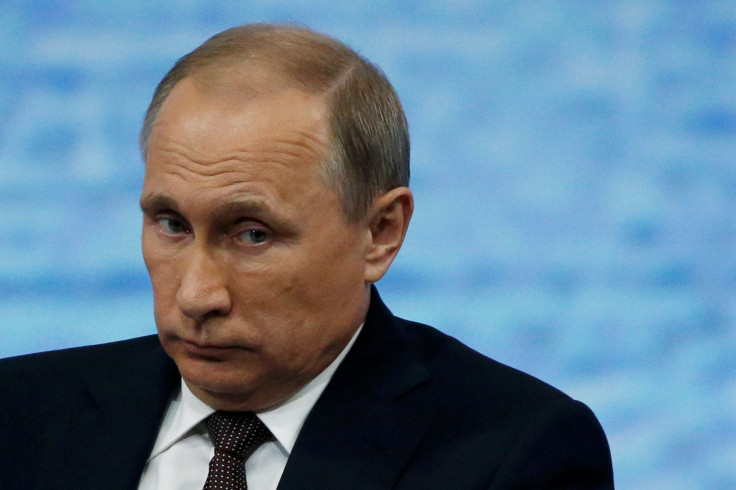Russia Budget Deficit Hit Hard By Oil Prices, Reserve Fund Expected To Run Out By 2017

Russia will exhaust one of its two sovereign funds next year, according to a finance ministry proposal seen by Reuters, having by that point run through $87 billion since the beginning of 2014 to fill holes in the budget left by a slump in oil prices.
Russia will also spend over the next three years about a third of another of its funds on covering the budget shortfall, the proposal showed, even though that fund was originally intended to cover long-term deficits in the pension system.
The finance ministry proposal, which contains recommendations on spending, has been submitted to the government for its consideration but not yet approved.
Russia's budget deficit has swollen as oil prices fell sharply from 2014 and the West imposed sanctions over the Ukraine crisis. The deficit stood at 4.3 percent of national output in the first half of 2016, up from 2.6 percent last year and against 0.5 percent in 2014.
At current rates of spending, it has been clear for some time that the Reserve Fund - which at the start of 2014 stood at $87 billion - would run out around 2017.
The fact that assumption is now included in the finance ministry proposal shows officials have not been able to find savings or sources of additional revenue elsewhere to stop that happening.
Finance ministry officials have been pressing for some time for spending cuts to reduce the budget shortfall, but implementing cuts could be politically damaging because Russia votes in a parliamentary election in September and a presidential election in 2018.
The finance ministry proposal states that there will be 980 billion rubles ($15.27 billion) in the Reserve Fund by the end of this year, dwindling to zero at an unspecified point in 2017.
The proposal also assumes an average Urals oil price of $40 per barrel in 2017-19, and a freeze in budget expenditures at 15.8 trillion rubles per year.
The National Wealth Fund, which at the start of July contained $73 billion, is not intended for covering budget shortfalls. It was originally intended to pay for future pensions but a portion of the fund has been committed to investment projects.
According to the finance ministry proposal, Russia would spend 783 billion rubles from the fund in 2017, followed by a further 883 billion rubles in 2018 and 87 billion rubles in 2019.
A sizeable part of the fund is already invested in long-term projects, limiting the amount that can be spent on covering the budget deficit.
Once those investments are excluded, Russia would have just 500 billion rubles left in the National Wealth Fund by the end of 2019, according to the finance ministry proposal.
© Copyright IBTimes 2024. All rights reserved.





















